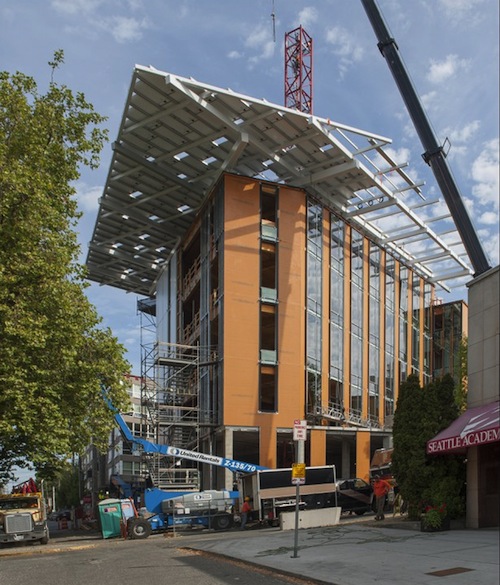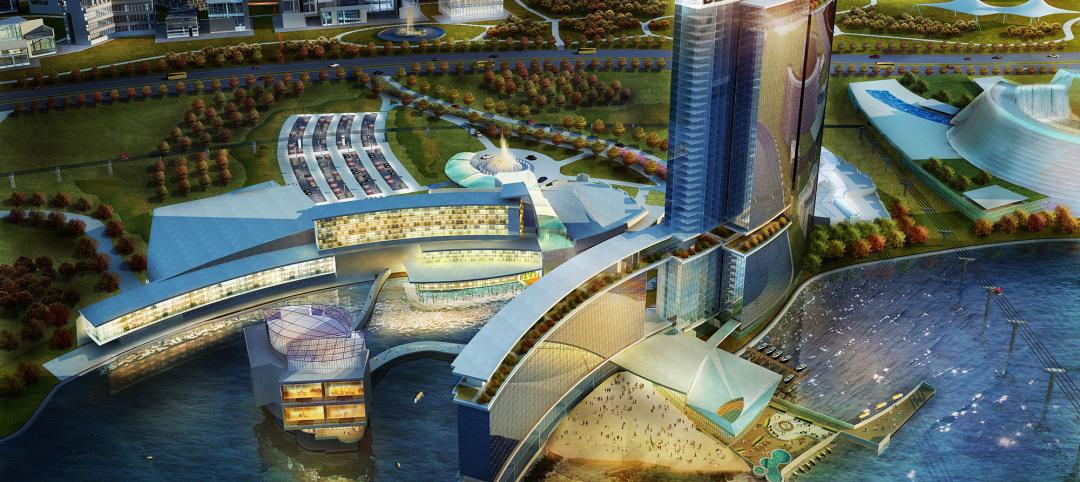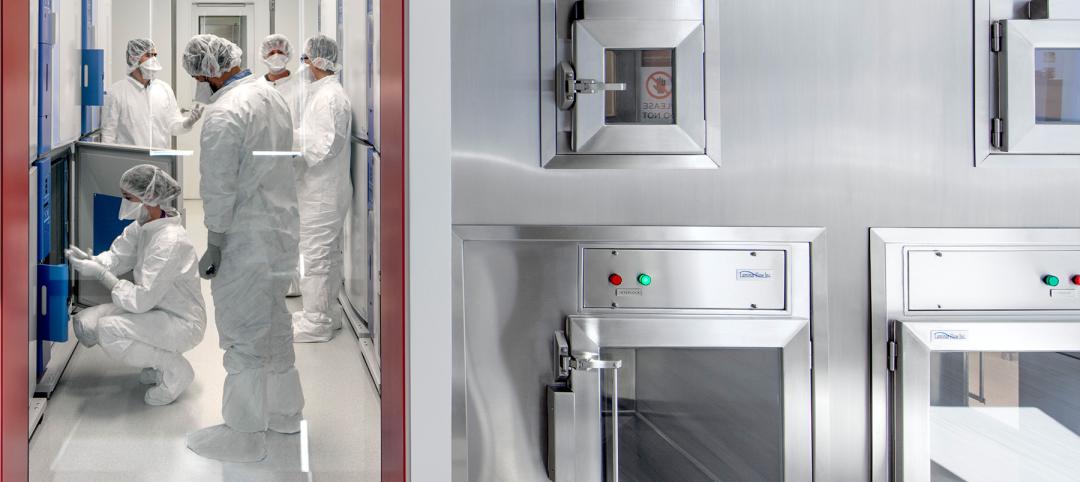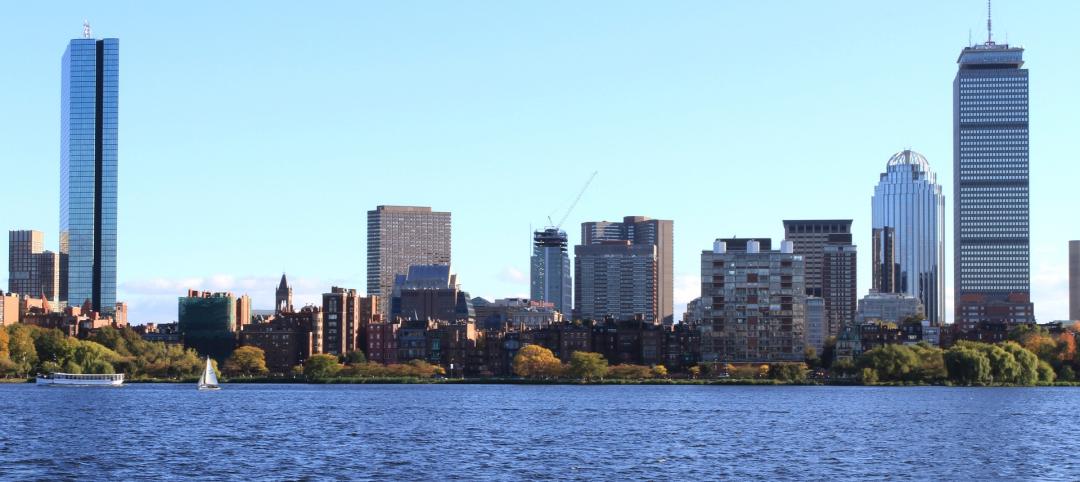Seattle’s Bullitt Center, a project of the Bullitt Foundation, has been designed to be the most energy efficient commercial building on the planet and put Seattle on “the forefront of the green building movement,” according to the project’s website.
With the first floor already leased to the International Living Future Institute and the University of Washington Integrated Design Lab, the remaining five floors of this 50,000-sf green building are now available to lease in advance of its planned opening this spring.
The Bullitt Center expects to achieve the goals of the Living Building Challenge (v2.0), the world’s most strenuous sustainability benchmark. Certification requires a structure to be energy and water self-sufficient for 12 consecutive months and meet 20 imperatives within seven “Petals,” or performance areas.
Petal One – Site: The location supports lifestyle that is friendly to pedestrians, bicycles, and public transit.
Petal Two – Water: Rainwater is collected on the roof and stored underground to be used building-wide.
Petal Three – Energy: The solar array will produce sufficient electricity for the building’s tenants.
Petal Four – Health: Promoting health for the building’s occupants, it features stairways that are pleasing alternatives to elevators, operable windows, and facilities that encourage occupants to walk and share resources.
Petal Five – Materials: The Bullitt Center will not contain hazardous materials from the “Red List,” such as PVC, lead, cadmium, mercury, or hormone-mimicking substances.
Petal Six – Equity: Fresh air and daylight will be available to all workers and the construction team has been selected using the Community High Road Agreement as enacted by the city of Seattle.
Petal Seven – Beauty: The architecture has been designed to help beautify the surrounding area, including a green roof, large structural timbers, native plants, an innovative photovoltaic array, and a revitalized neighboring pocket park.
The Building Team for the $30 million facility includes architect Miller Hull Partnership and contractor Schuchart, as well as Point32, PAE Consulting Engineers, Luma Lighting Design, 2020 Engineering, and Berger Partnership.
(http://www.jetsongreen.com/2013/03/the-worlds-greenest-commercial-building-now-leasing-for-spring-2013-opening.html)
Related Stories
Designers | Oct 1, 2024
Global entertainment design firm WATG acquires SOSH Architects
Entertainment design firm WATG has acquired SOSH Architects, an interior design and planning firm based in Atlantic City, N.J.
Higher Education | Sep 30, 2024
Studio Gang turns tobacco warehouse into the new home of the University of Kentucky’s College of Design
Studio Gang has completed the Gray Design Building, the new home of the University of Kentucky’s College of Design. In partnership with K. Norman Berry Associates Architects, Studio Gang has turned a former tobacco warehouse into a contemporary facility for interdisciplinary learning and collaboration.
Warehouses | Sep 27, 2024
California bill would limit where distribution centers can be built
A bill that passed the California legislature would limit where distribution centers can be located and impose other rules aimed at reducing air pollution and traffic. Assembly Bill 98 would tighten building standards for new warehouses and ban heavy diesel truck traffic next to sensitive sites including homes, schools, parks and nursing homes.
Laboratories | Sep 27, 2024
Traditional lab design doesn't address neurodiverse needs, study finds
A study conducted by ARC, HOK, and the University of the West of Scotland, has revealed that half (48.1%) of all survey respondents who work in laboratory settings identify as neurodivergent.
Laboratories | Sep 26, 2024
BSL conversions: A cost-efficient method to support high-containment research
Some institutions are creating flexible lab spaces that can operate at a BSL-2 and modulate up to a BSL-3 when the need arises. Here are key aspects to consider when accommodating a rapid modulation between BSL-2 and BSL-3 space.
MFPRO+ News | Sep 24, 2024
Major Massachusetts housing law aims to build or save 65,000 multifamily and single-family homes
Massachusetts Gov. Maura Healey recently signed far-reaching legislation to boost housing production and address the high cost of housing in the Bay State. The Affordable Homes Act aims to build or save 65,000 homes through $5.1 billion in spending and 49 policy initiatives.
Designers | Sep 20, 2024
The growing moral responsibility of designing for shade
Elliot Glassman, AIA, NCARB, LEED AP BD+C, CPHD, Building Performance Leader, CannonDesign, makes the argument for architects to consider better shade solutions through these four strategies.
Mixed-Use | Sep 19, 2024
A Toronto development will transform a 32-acre shopping center site into a mixed-use urban neighborhood
Toronto developers Mattamy Homes and QuadReal Property Group have launched The Clove, the first phase in the Cloverdale, a $6 billion multi-tower development. The project will transform Cloverdale Mall, a 32-acre shopping center in Toronto, into a mixed-use urban neighborhood.
Codes and Standards | Sep 19, 2024
Navigating the intricacies of code compliance and authorities having jurisdiction
The construction of a building entails navigating through a maze of regulations, permits, and codes. Architects are more than mere designers; we are stewards of safety and navigators of code compliance.
Higher Education | Sep 18, 2024
Modernizing dental schools: The intersection of design and education
Page's John Smith and Jennifer Amster share the how firm's approach to dental education facilities builds on the success of evidence-based design techniques pioneered in the healthcare built environment.

















